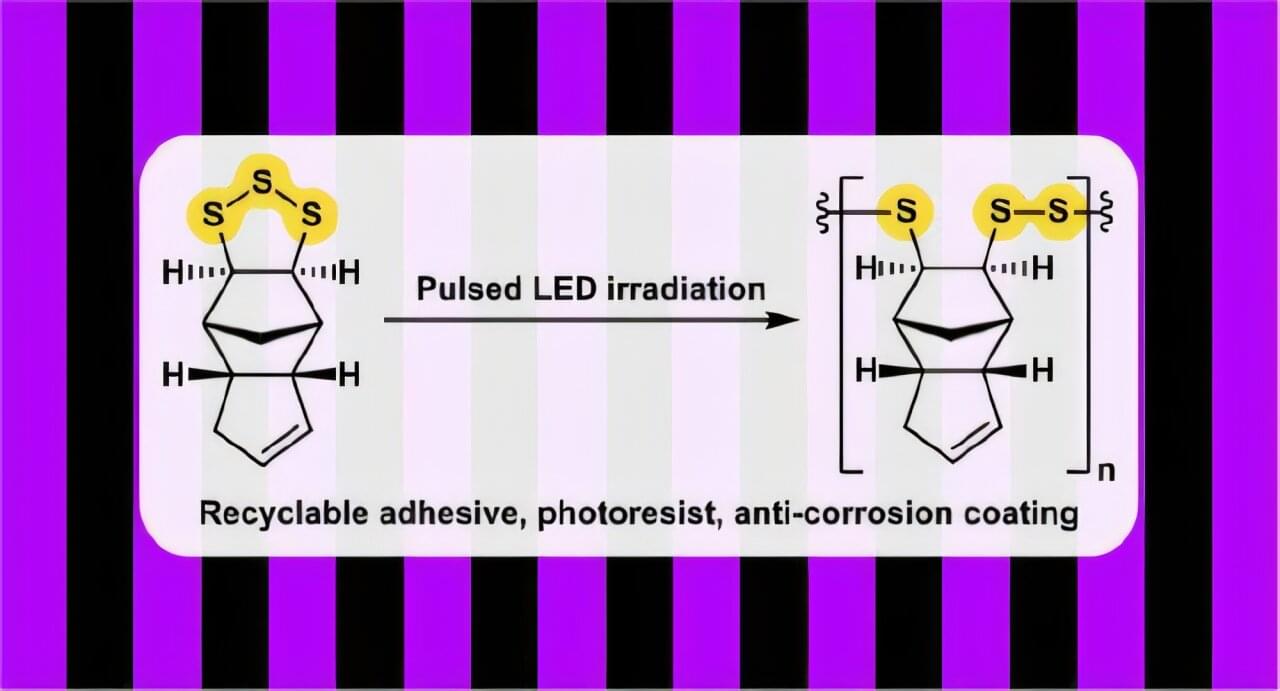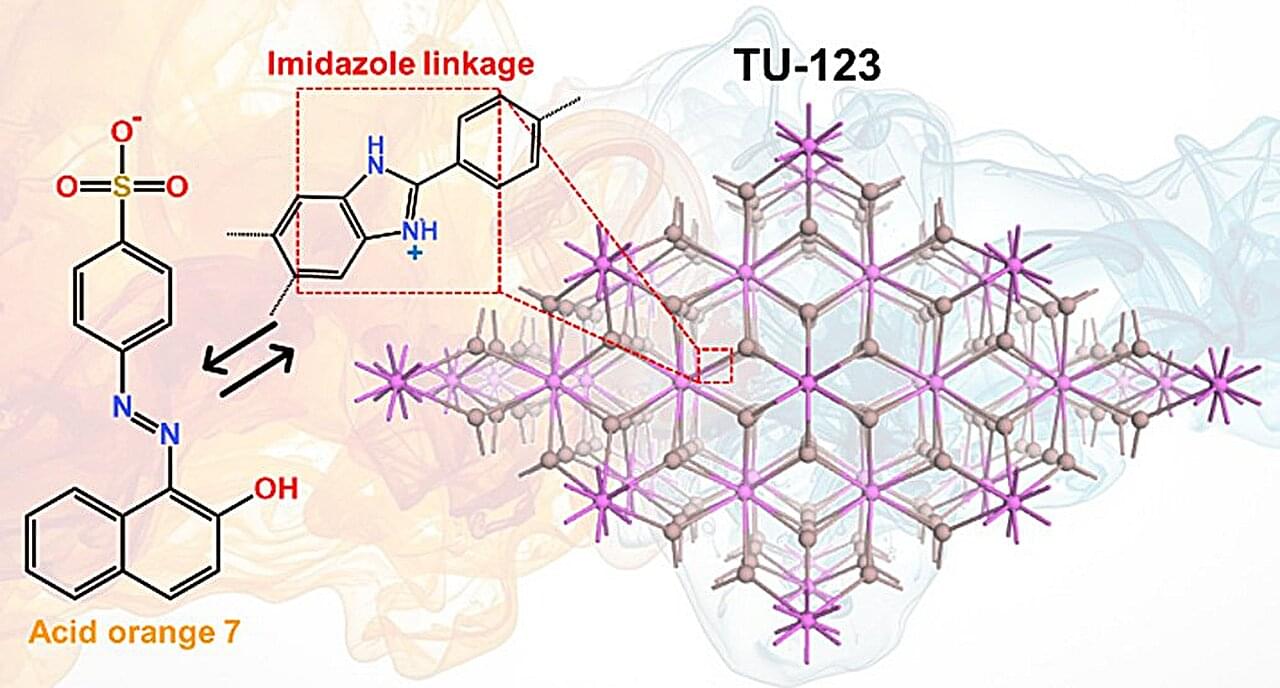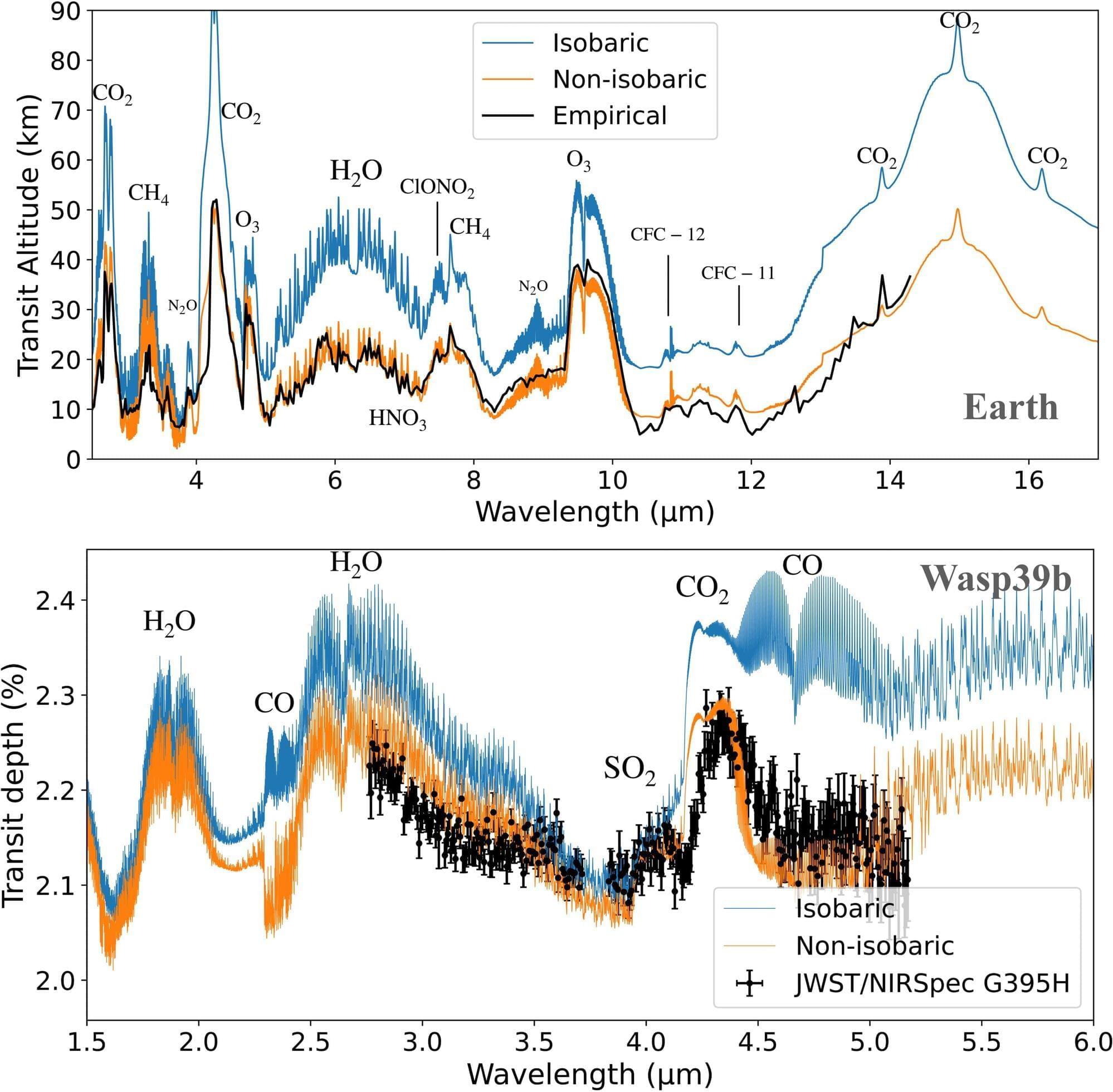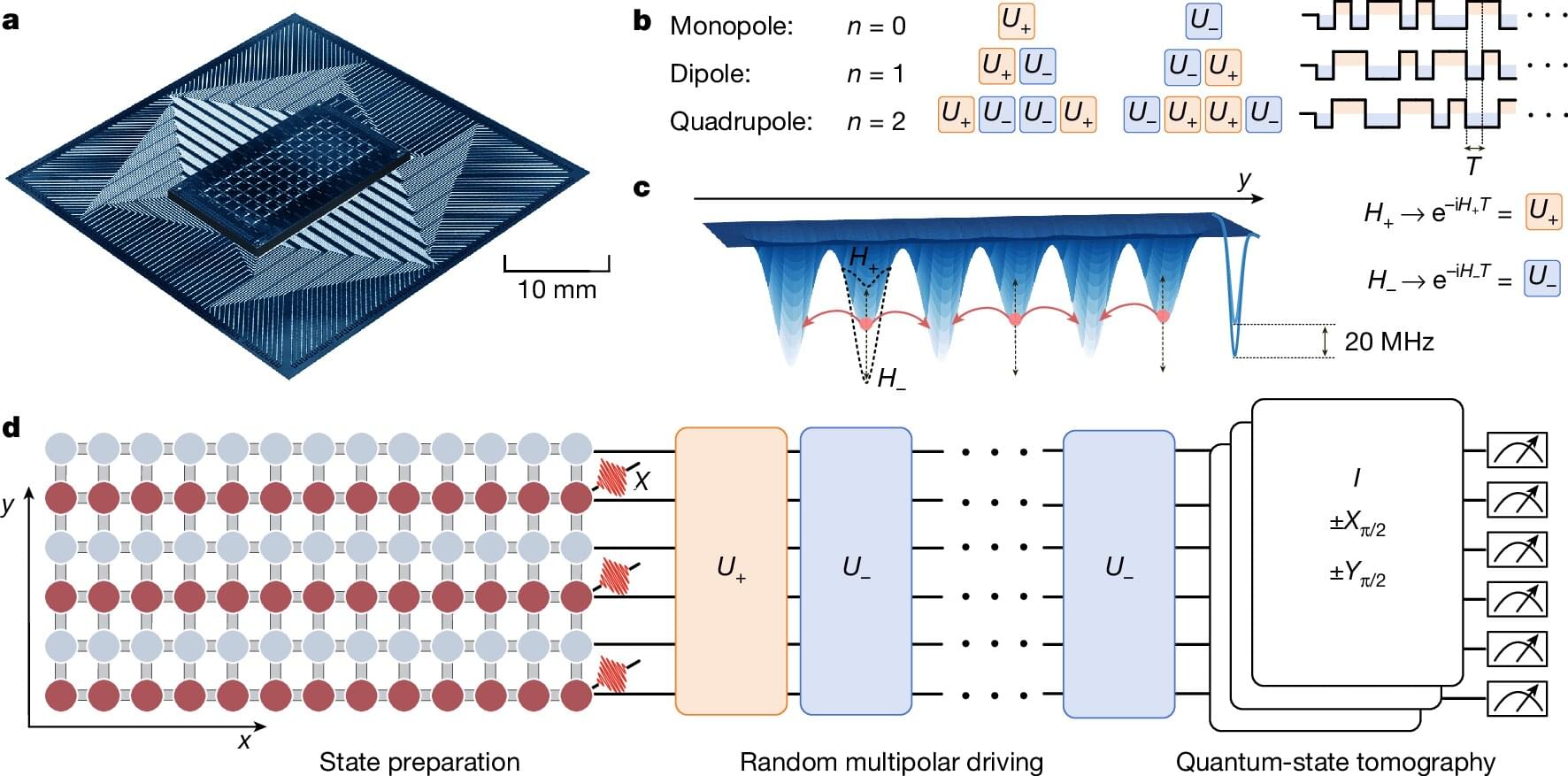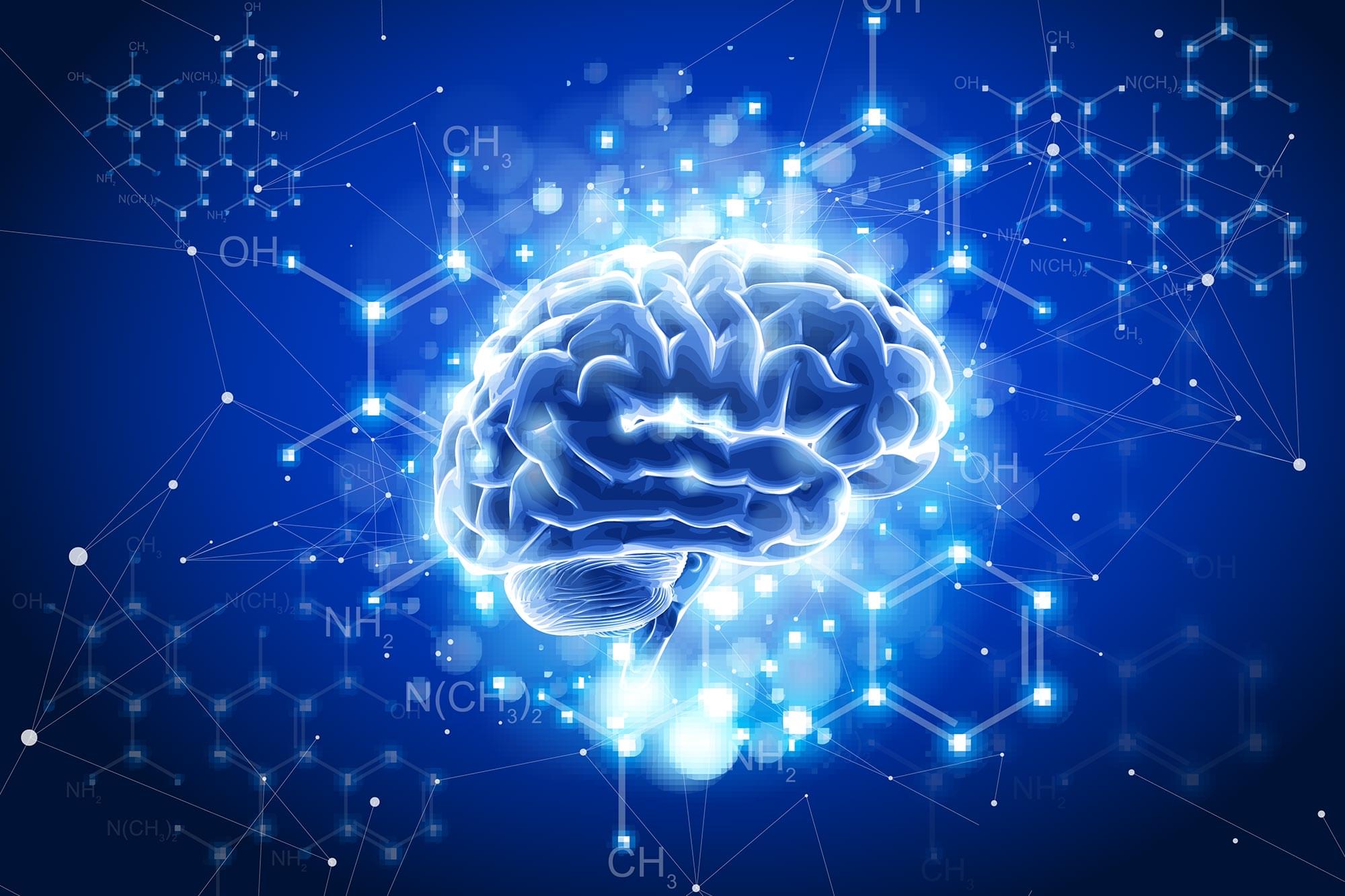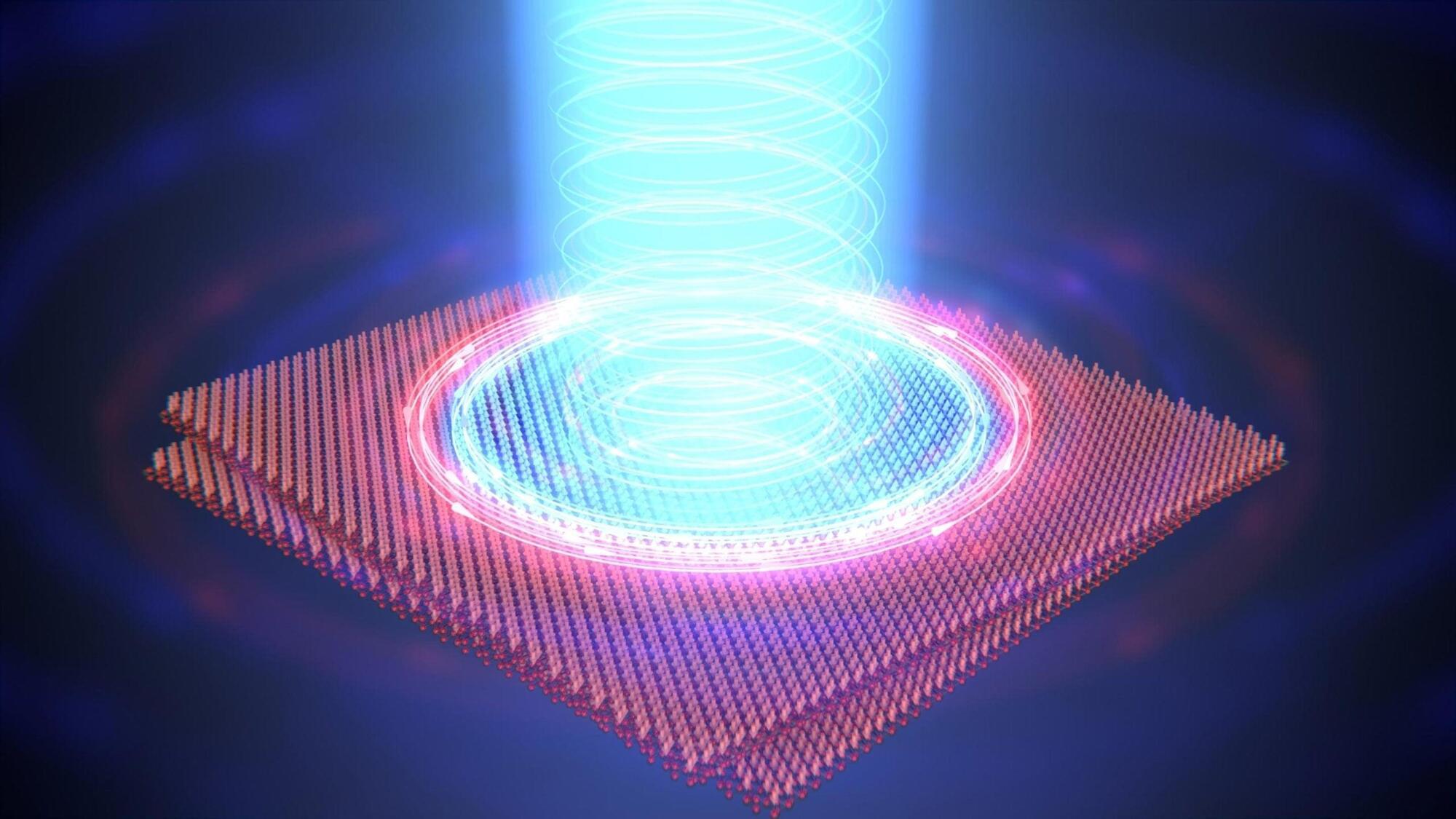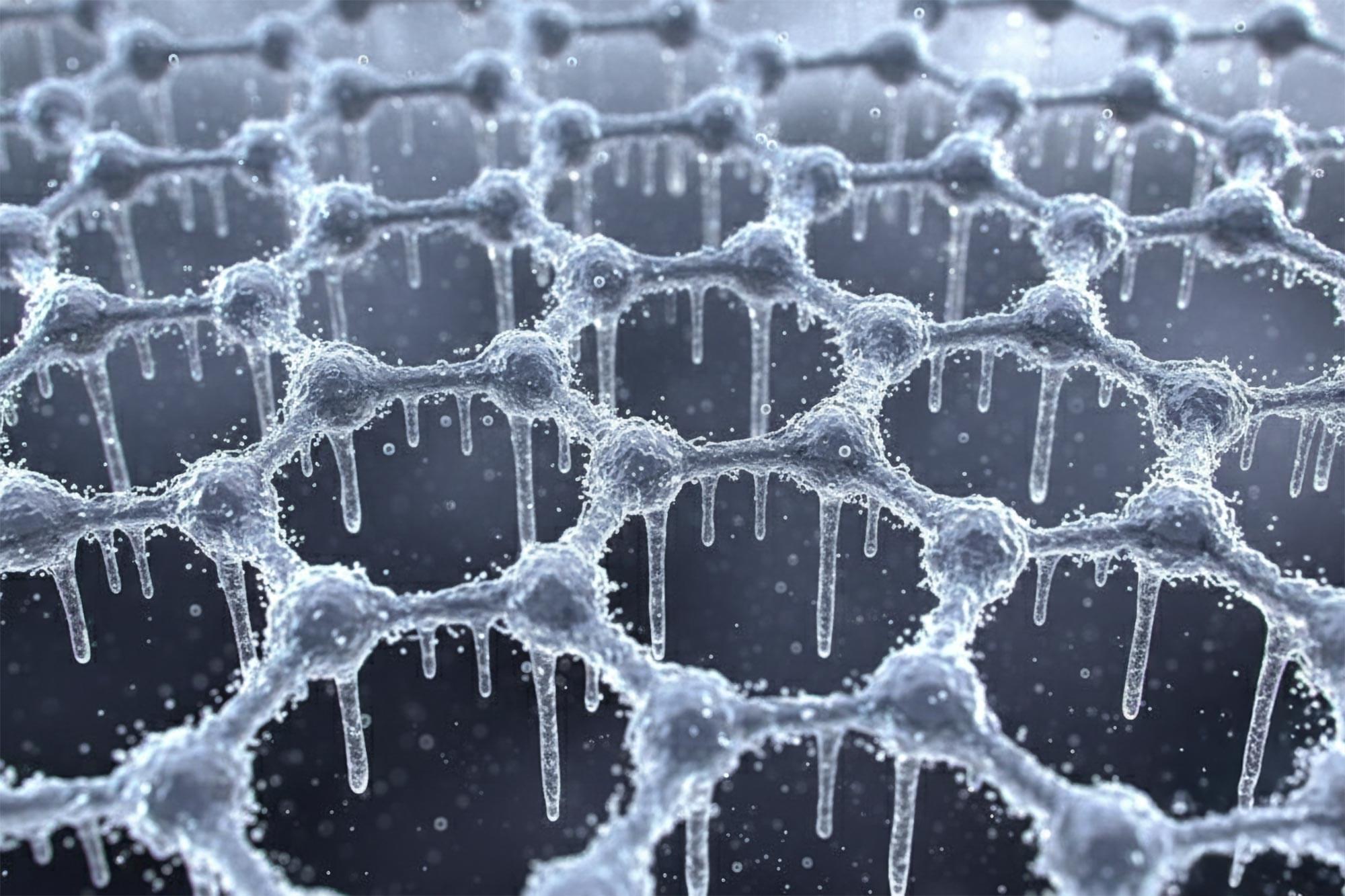For the first time, scientists have used ultraviolet (UV) light, a low-cost and readily available energy source, to successfully synthesize more sustainable and recyclable polymer materials. Led by green chemistry experts at Flinders University, the development is a major step in making polymers high in sulfur content for more sustainable plastic alternatives using waste materials.
Their paper, “Making and Unmaking Poly(trisulfides) with Light: Precise Regulation of Radical Concentrations via Pulsed LED Irradiation” is published in the Journal of the American Chemical Society.
